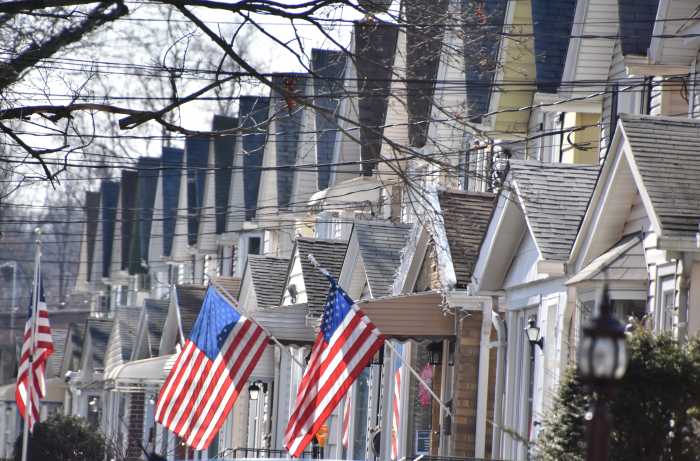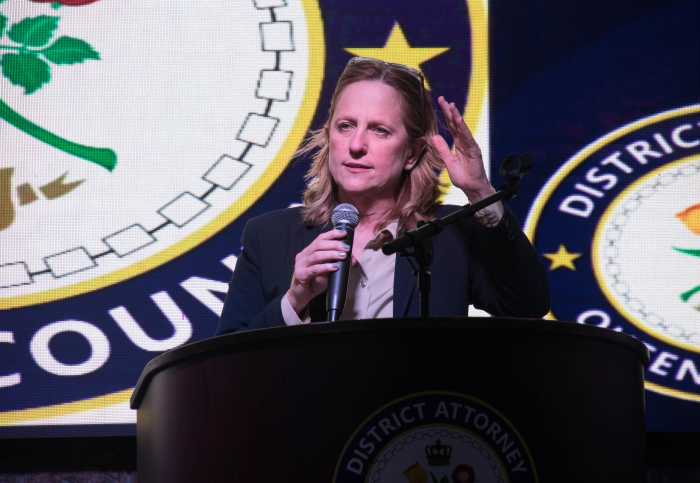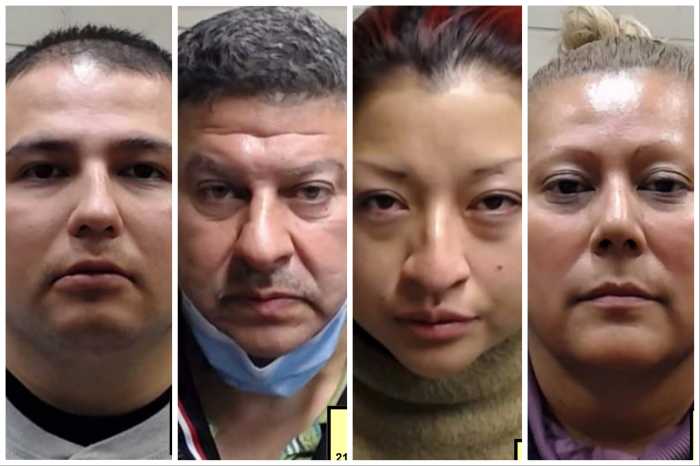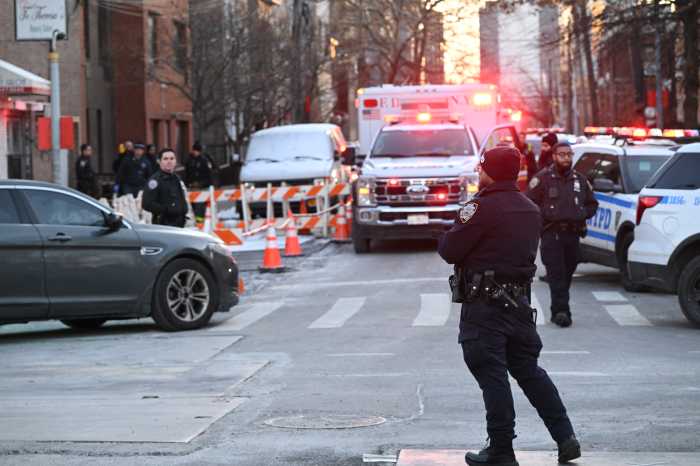The borough’s criminal justice system is centered on 30 Queens Supreme Court justices who render their decisions in two divisions utilizing three courthouses in Kew Gardens, Jamaica and Long Island City which handle criminal cases.
According to the New York State Unified Court System, the Criminal Term of the Queens Supreme Court handles felony matters, offenses that are punishable by a term of imprisonment that exceeds one year, and operates at the Kew Gardens Criminal Courthouse located at 125-01 Queens Blvd. adjacent to the office of the Queens district attorney alongside Queens Borough Hall in a bustling campus known as the County Civic Center.
It is here that prosecutors from the DA’s office present their cases before grand juries for indictments. Jury trials and non-jury trials, also called bench trials, are then held before Queens Supreme Court justices.
The criminal court also has authority over all misdemeanors, offenses punishable by a term of imprisonment that exceeds 15 days but does not exceed one year, and minor offenses committed within New York City. It also handles preliminary proceedings in felony matters, after which the case is transferred to the Criminal Term of the Supreme Court. Only Kew Gardens and the Long Island City courthouse at 25-10 Court Sq. handle criminal cases.
The Civil Term operates at the Queens Supreme Courthouse located at 88-11 Sutphin Blvd. which houses the Supreme Court, Surrogate Court and County Clerk. Supreme Court justices oversee large felony and civil cases within their districts, including divorce, separation, annulment proceedings and civil matters exceeding $25,000.
The Sutphin Boulevard courthouse is also home to the Housing Court, which handles residential landlord and tenant disputes; the Small Claims Court, which hears matters involving monetary damages up to $5,000; Family Court, which determines most legal matters involving children and families; and the Surrogate’s Court, which handles matters relating to wills, estates and property of deceased persons.
The Surrogate’s Court also shares authority with the Family Court to hear adoption proceedings.


































